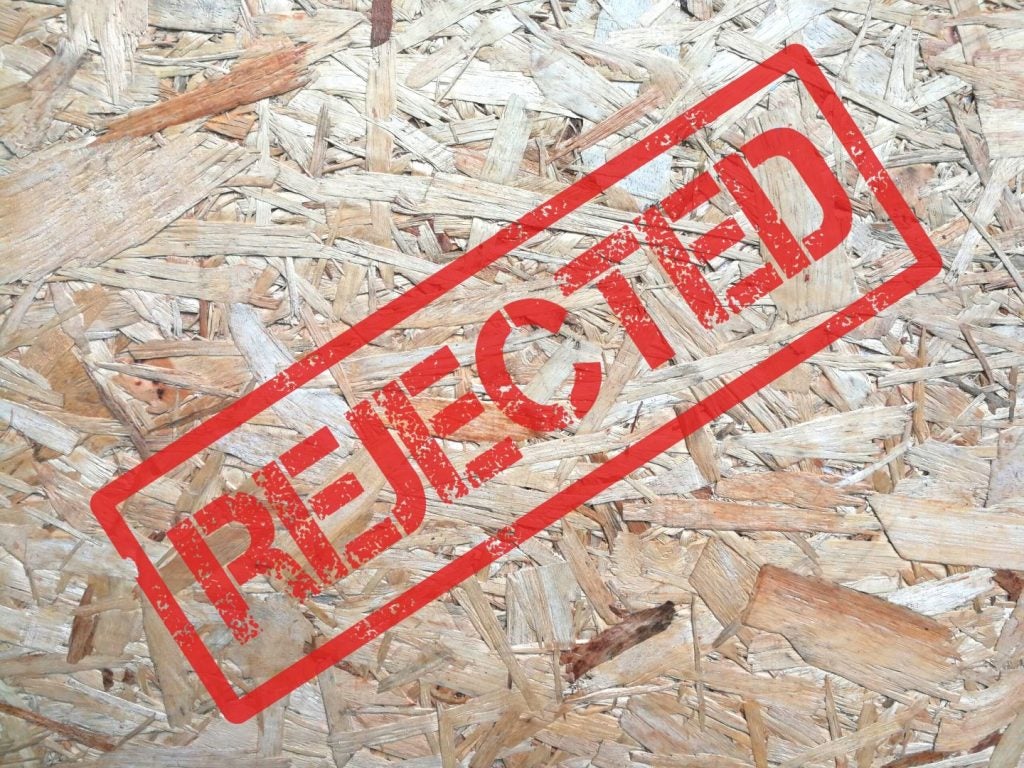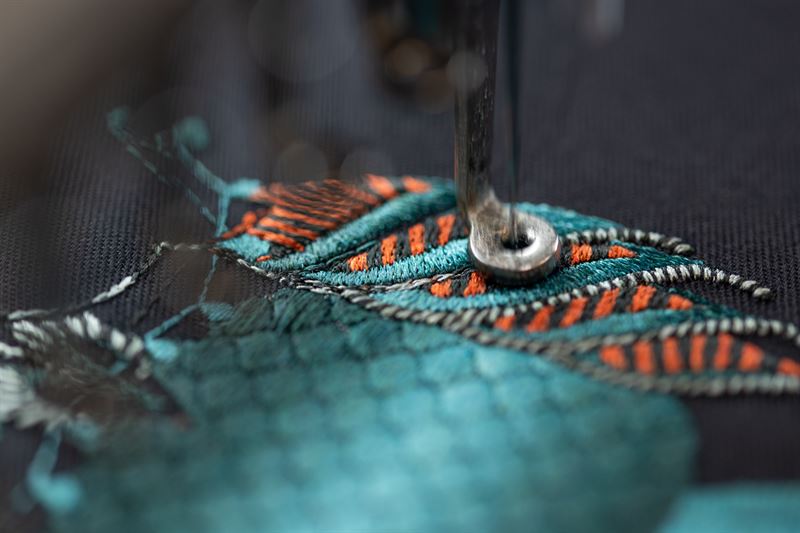More than 95% of US companies have actively enhanced their supply chain due diligence efforts with the use of technology and verification tools, the DHS says adding that with its new Textile Enforcement Plan, DHS is expanding its enforcement efforts to address the risk of XUAR-sourced cotton in de minimis shipments and to protect the textile and apparel industries’ investments in clean Free Trade agreement supply chains.
The DHS further revealed Customs and Border Police (CBP) has reviewed more than 9,000 shipments valued at $3.4bn under the Uyghur Forced Labour Prevention Act (UFLPA) in the last two years as it enhances efforts to stop goods made using forced labour from entering the US.
In its latest update, it said the ULFPA Entity List now includes 68 entities, 48 of which were added in the last 13 months. The entities represent a large number of industry sectors, including apparel and footwear and are located in the Xinjiang Uyghur Autonomous Region and other provinces of China.
The DHS says the Forced Labor Enforcement Task Force (FLETF) has implemented an improved and streamlined process that builds on best practices to support the expansion of the UFLPA Entity List, providing greater transparency for the trade community.
“As a result of our enforcement efforts and robust partnerships with stakeholders, the trade community has responded by enhancing its due diligence programmes to ensure compliance. The growing demand for compliant supply chains has impacted global sourcing strategies, resulting in greater innovation, growth and diversification among trusted trading partners, making our supply chains more resilient and sustainable,” it said.
DHS announced the following updates to the UFLPA Strategy as it looks to further combat forced labour in global supply chains:
Strong Enforcement by US Customs and Border Protection ensures that goods made in whole or in part with forced labour are prohibited from the US market, holding companies that use or facilitate these human rights abuses accountable.
Expansion of the UFLPA Entity List provides responsible businesses with information to keep tainted goods from US supply chains. The FLETF has implemented an improved and streamlined process that builds on best practices to support the expansion of the UFLPA Entity List, providing greater transparency for the trade community.
Designating New High Priority Sectors for Enforcement allows importers to focus due diligence on supply chains that intersect with these sectors and empowers US agencies to consider additional enforcement actions. Congress and the FLETF originally identified apparel, cotton and cotton products, silica-based products including polysilicon and tomatoes and downstream products as high-priority sectors for enforcement and continue to designate them as high-priority sectors. With this year’s updates, the FLETF is identifying new high-priority sectors — aluminium, polyvinyl chloride (PVC) and seafood.
Greater Collaboration with Stakeholders strengthens enforcement and supports compliance. One of the hallmarks of the UFLPA Strategy is the recognition that stakeholders from the private sector, nongovernmental organisations, and international partners all have an integral role in the “whole of society” response to the challenge of forced labour goods in global supply chains. DHS and the FLETF are actively engaging with like-minded international partners, including Canada, the EU, Japan, and Mexico, as they develop their own approaches and enforcement regimes to keep goods made with forced labour from legitimate markets.
“Forced labour is a form of modern slavery, and the Department of Homeland Security is committed to eradicating it from our supply chains,” said secretary of homeland security Alejandro N. Mayorkas. “The updated Uyghur Forced Labor Prevention Act Strategy and new high-priority sectors for enforcement reflect the evolving and expanding scope of those who seek to circumvent the law and profit off the exploitation of abused people. Our department will continue to work closely with our partners in government, and with stakeholders across industry and civil society, to lead US efforts to end forced labour by enforcing customs laws, supporting economic fairness, and safeguarding the human rights of all.”
Robert Silvers, under secretary for policy and chair of the Forced Labor Enforcement Task Force, added: “We are committed to expanding our enforcement of the UFLPA to keep goods made with forced labour out of US markets. This will happen through designation of more companies to the UFLPA Entity List, enforcement by CBP at our ports, focus on additional industry sectors, and continued engagement with industry and civil society.”















